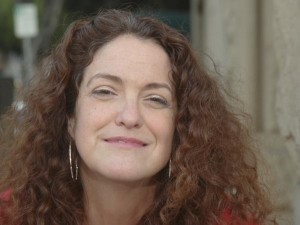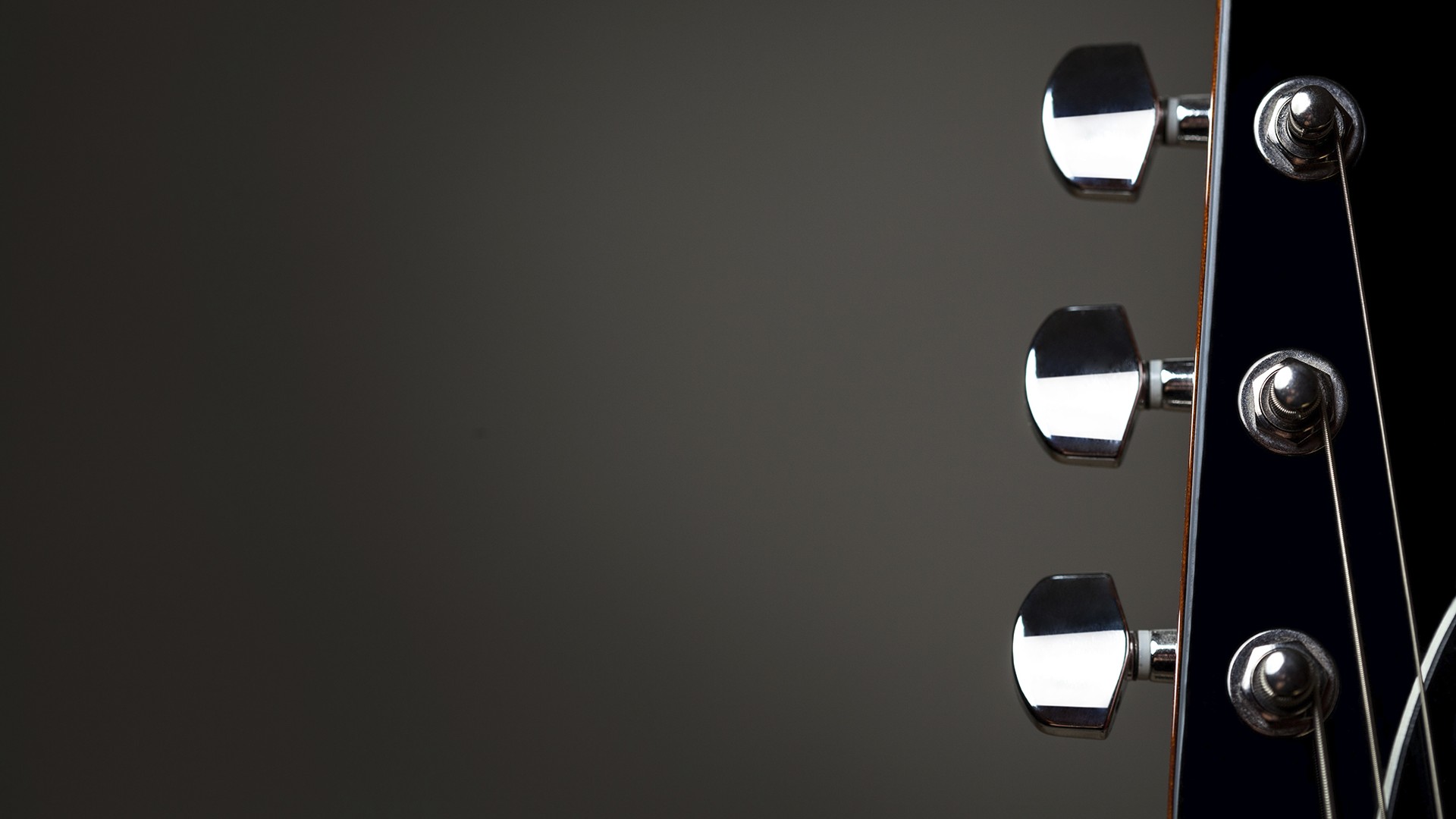In an industry that’s in a constant state of metamorphosis, only the strong survive. Candace Stewart has been managing recording studios for over 20 years and has seen a thing or two. Well respected as a studio veteran, she has managed many prestigious Los Angeles studios such as Take One Recording, Red Zone, Soundcastle Studios, Cello Studios, Sage and Sound and currently manages Firehouse Recording Studios.

How did you get your start in the recording studio business?
I worked for my brother Steve Smith who is an engineer. He had leased one of the old Kendun rooms in Burbank. The studio was called Take One Recording. I started answering the phones in the office.
What are the biggest changes you have witnessed in the studio world since you started out?
Well CD’s, MP3’s instead of LP’s. Pro Tools instead of tape machines.
How has technology and the dawn of Pro Tools affected how studios operate?
It hasn’t affected how studios operate, it has affected how engineers record, mix and edit. The learning curve has been on the operators. File management etc..
The only real difference for the studio is the storage of drives as opposed to tape and the security issues therein.
What is your take on the analog vs. digital argument?
Well as digital technology, sampling rate and D to A converters improve, there’s not too much of an argument on the studio side. It’s more on the final medium that music is released on. An engineer spends a lot of time working on the music using good mic pre’s, good mics, good EQ’s etc, and then he has to send out his mix on a MP3…Nauseating ….
What are the advantages of recording at a professional studio vs. using home recording equipment?
It depends on which part of the recording process you are talking about. For writing or composing, home studios are marvelous because it allows for artist empowerment – always a good thing! As far as tracking a rhythm section, recording a baby grand or grand piano, strings etc., real is better. Using the room as an instrument and acoustics makes a dramatic difference. Also for mixing – depending on the size of the “at home” control room and monitoring environment, a commercial facility is generally going to have a larger variety of monitoring choices. Mainly the acoustics, the amenities lounges, personnel, service etc. are what make a commercial facility advantageous. What makes staying home for vacation different from going to stay at a Four Seasons?
How have studios adapted as a result to the constantly evolving music industry?
We buy different gear. We have also had to expand our marketing to more than recording artists, recording engineers and record producers. Now contractors, producer engineer management firms, music supervisors, advertising execs, post supervisors, directors and producers for film & TV- any area of the entertainment business that needs music or sound to be recorded and mixed.
What are some of the challenges you face as a studio manager?
Dwindling record sales, shrinking record, film & TV music budgets, better home studios,
The most destructive thing to the music business as a whole has been piracy/stealing.
This affects every aspect of the industry from the artist not getting paid for their work to record companies not making sales on and on…. DON’T EVER DOWNLOAD OR BURN COPIES OF MUSIC FOR FREE IT’S STEALING! ~ PERIOD.
Tell us about Firehouse Recording Studios.
Firehouse is a nice blend of analog and digital equipment. The acoustics of the rooms are wonderful. My engineering and runner staff are stars, and the facility as a whole is a beautiful building with a clean welcoming atmosphere and oh yeah, you get to deal with me! Call for a tour or go to the site you’ll see.
Who are some of the greatest engineers and producers that have worked in your studios and what makes them great?
It would take a long list to name all of the amazingly talented engineers and producers that I have had the honor of working with but to name a few:
Jim Scott, Bill Botrell, Joe Chicarelli, George Masenberg, Ed Cherney, Mike Clink, Glyn Johns, Ethan Johns, Marc DeSisto, Don Murray, Steve Churchyard…..That’s just a few engineers some of whom are also producers. Pat Leonard, Don Was, Rick Rubin, George Drakoulias, Bob Rock, Bob Ezrin, Steve Lillywhite, Jon Brion, Ken Andrews and many more wonderful producers.
Listen to any record they’ve done you’ll hear why they are the best. The projects they’ve done speak for themselves. As far as my subjective view it would be because of the professionalism they exhibited when they worked at the various studios I’ve managed.
What was the most bizarre moment you’ve experienced at a studio?
Can’t say, I would get sued!
One unusual example would be the delivery of a flower arrangement featuring a Rottweiler wearing a cape and sunglasses made as a flower “float” created for Elton John. While I was standing in Studio 1 at Cello I commented on it, not realizing that Elton was standing behind me at that moment…
www.firehouserecordingstudios.com
Written by Sarah Scarlata

